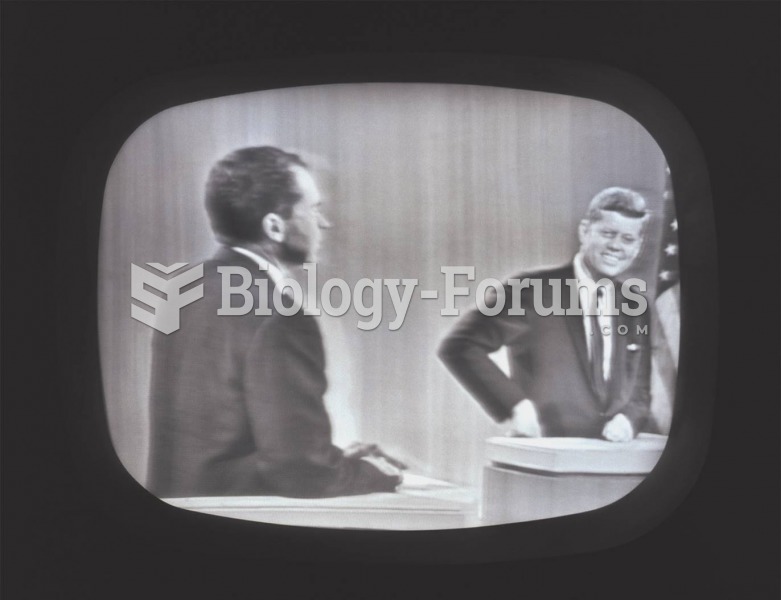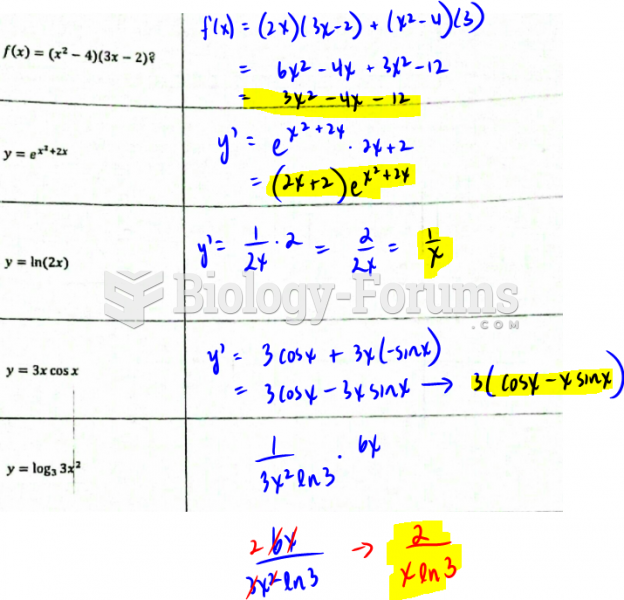Answer 1
Answer: Led by Chief Justice Earl Warren, the Supreme Court promoted social change. Brown v. Board of Education required integration of schools; Escobedo v. Illinois guaranteed the accused access to an attorney; Miranda v. Arizona established that the accused be informed of his right to remain silent; Baker v. Carr concerned reapportionment of state legislatures. The court also prohibited prayer in public schools and liberalized the definition of pornography.
Answer 2
Answer: A militant black would probably support the Student Nonviolent Coordinating Committee, Nation of Islam, and/or the Black Panthers. He or she would most likely admire James Baldwin, Malcolm X, and/or Stokely Carmichael. A militant black would generally believe that the progress of civil rights reform was moving too slowly and that white Americans were hopelessly racist.
Answer 3
Answer: Many important events and people played parts in the civil rights movement. Among the events would be the sit-ins and freedom rides organized by SNCC, the protest march and subsequent police brutality in Birmingham, Freedom Summer, and the urban riots from 1966-1968. Among the influential people were Martin Luther King, Jr., who advocated nonviolent protest; Malcolm X, who wanted to separate from white society; and Stokely Carmichael, who led the Black Power movement. Also important to discuss are JFK's vocal support for civil rights but failure to accomplish much, as well as the legislation passed during the Johnson administration: Civil Rights Act of 1964 and Voting Rights Act of 1965.
Answer 4
Answer: Personally, Johnson was often crude and vulgar but forceful and very effective in working with Congress. He wanted to continue the Kennedy programs, especially welfare. He was effective in getting civil rights and social welfare legislation passed by Congress. Opposition developed to his programs because they reinforced the tendency toward centralization of government, because of their cost, and because the Vietnam War drew off resources.
Answer 5
Answer: Kennedy advocated strong leadership reminiscent of Franklin Roosevelt. He relied on expert advisers, supported civil rights, called for stimulation of the economy, expansion of social welfare programs, and support of the space program. He was not too effective in obtaining congressional support for civil rights legislation or his social welfare programs. He failed to get much of his economic program through Congress and came into confrontation with corporate leaders. He successfully launched a space program.








